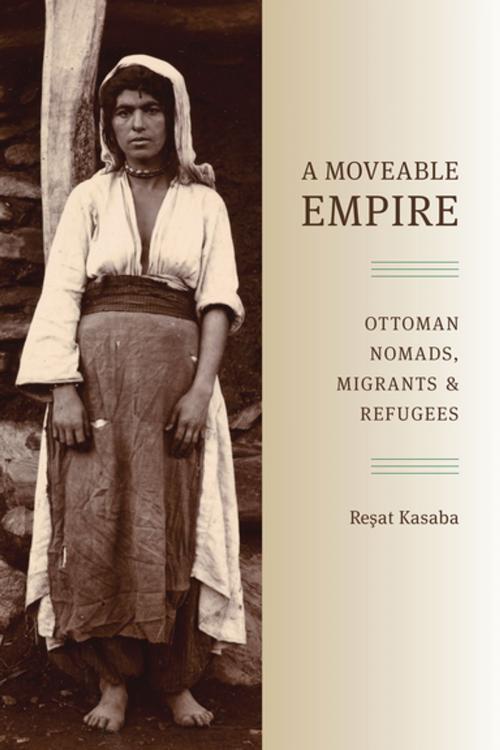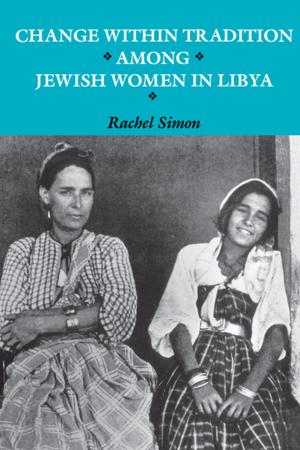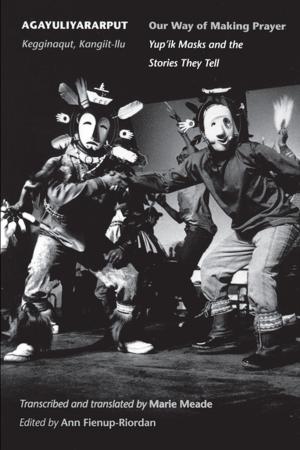| Author: | Resat Kasaba | ISBN: | 9780295801490 |
| Publisher: | University of Washington Press | Publication: | July 1, 2011 |
| Imprint: | University of Washington Press | Language: | English |
| Author: | Resat Kasaba |
| ISBN: | 9780295801490 |
| Publisher: | University of Washington Press |
| Publication: | July 1, 2011 |
| Imprint: | University of Washington Press |
| Language: | English |
A Moveable Empire examines the history of the Ottoman Empire through a new lens, focusing on the migrant groups that lived within its bounds and their changing relationship to the state's central authorities. Unlike earlier studies that take an evolutionary view of tribe-state relations -- casting the development of a state as a story in which nomadic tribes give way to settled populations -- this book argues that mobile groups played an important role in shaping Ottoman institutions and, ultimately, the early republican structures of modern Turkey.
Over much of the empire's long history, local interests influenced the development of the Ottoman state as authorities sought to enlist and accommodate the various nomadic groups in the region. In the early years of the empire, maintaining a nomadic presence, especially in frontier regions, was an important source of strength. Cooperation between the imperial center and tribal leaders provided the center with an effective way of reaching distant parts of the empire, while allowing tribal leaders to perpetuate their own authority and guarantee the tribes' survival as bearers of distinct cultures and identities. This relationship changed in the eighteenth and nineteenth centuries, as indigenous communities discovered new possibilities for expanding their own economic and political power by pursuing local, regional, and even global opportunities, independent of the Ottoman center.
The loose, flexible relationship between the Ottoman center and migrant communities became a liability under these changing conditions, and the Ottoman state took its first steps toward settling tribes and controlling migrations. Finally, in the early twentieth century, mobility took another form entirely as ethnicity-based notions of nationality led to forced migrations.
A Moveable Empire examines the history of the Ottoman Empire through a new lens, focusing on the migrant groups that lived within its bounds and their changing relationship to the state's central authorities. Unlike earlier studies that take an evolutionary view of tribe-state relations -- casting the development of a state as a story in which nomadic tribes give way to settled populations -- this book argues that mobile groups played an important role in shaping Ottoman institutions and, ultimately, the early republican structures of modern Turkey.
Over much of the empire's long history, local interests influenced the development of the Ottoman state as authorities sought to enlist and accommodate the various nomadic groups in the region. In the early years of the empire, maintaining a nomadic presence, especially in frontier regions, was an important source of strength. Cooperation between the imperial center and tribal leaders provided the center with an effective way of reaching distant parts of the empire, while allowing tribal leaders to perpetuate their own authority and guarantee the tribes' survival as bearers of distinct cultures and identities. This relationship changed in the eighteenth and nineteenth centuries, as indigenous communities discovered new possibilities for expanding their own economic and political power by pursuing local, regional, and even global opportunities, independent of the Ottoman center.
The loose, flexible relationship between the Ottoman center and migrant communities became a liability under these changing conditions, and the Ottoman state took its first steps toward settling tribes and controlling migrations. Finally, in the early twentieth century, mobility took another form entirely as ethnicity-based notions of nationality led to forced migrations.















